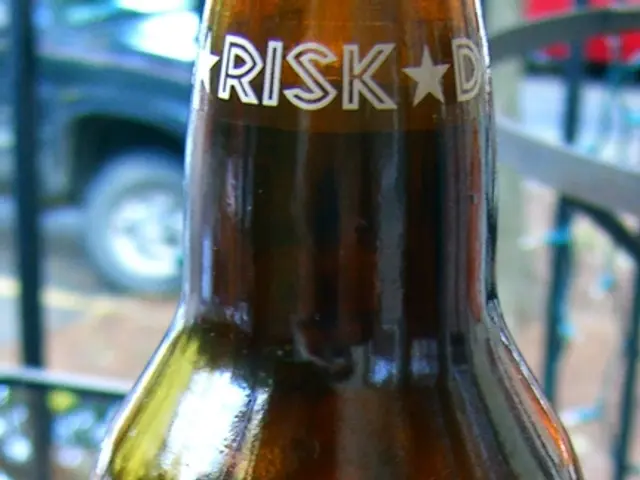Windsor-Essex Youth Abuse and Criminal Activities Discourse at WECYAC
In a gathering at the Fogolar Furlan Club of Windsor, the focus was on youth abuse and crime amidst rising concerns in our community. The Windsor Essex Child/Youth Advocacy Centre (WECYAC), an organization dedicated to helping youth under the age of 18, was at the helm of this discussion.
These young souls have endured sexual abuse, physical abuse, sexual exploitation, and/or domestic violence or abuse. WECYAC provides a secure environment for these children to disclose such experiences to trained professionals.
Post-COVID-19 pandemic, the need for these essential services has surged. Dr. Nila Das, the executive director of WECYAC, expresses grave concerns about the escalating number of clients requiring immediate care, a predicament partially attributable to funding insufficiency.
Dr. Das explained, "Our organization primarily relies on project-based funding to keep afloat. Writing numerous grants to sustain our organization is one of my main challenges, and this is our annual giving campaign." She implores the community to stand by WECYAC, offering their support.
As the pandemic has bestowed economic hardship, increased domestic violence, and mental health issues on families and communities, the demand for child and youth advocacy services has risen significantly. Although precise figures for WECYAC's situation weren't found, similar organizations have faced mounting demands due to pandemic-induced pressures on families and communities.
The growth in requests for support and advocacy can be attributed to these heightened stressors, as children and young people have become more susceptible during lockdowns and periods of social isolation, leading to a higher incidence of abuse or neglect requiring intervention and advocacy.
In addition, funding challenges for child and youth advocacy organizations during and post-pandemic are grave. Many such centers depend heavily on government funding, grants, and community donations, all dwindling in the wake of the broader economic impacts of COVID-19. Budget reallocations and cuts in some sectors have made it challenging to secure consistent and ample funding for advocacy centers, further worsened by the increasing service demand.
In conclusion, the COVID-19 pandemic has led to a heightened demand for child/youth advocacy services due to increased social and familial stress, vulnerability, and deprivation. This surge in demand has come at a time when funding sources are strained, leading to sizeable challenges for organizations like WECYAC to continue and expand their services. Sustained funding and policy support are vital to tackle these predicaments effectively.
- The rise in social and familial stress during the COVID-19 pandemic has led to an increased demand for health-and-wellness services, particularly in the field of mental health for children and young people.
- As funding sources become strained post-pandemic, child and youth advocacy centers face significant challenges in securing adequate funding to continue and expand their services, such as the Windsor Essex Child/Youth Advocacy Centre (WECYAC).







